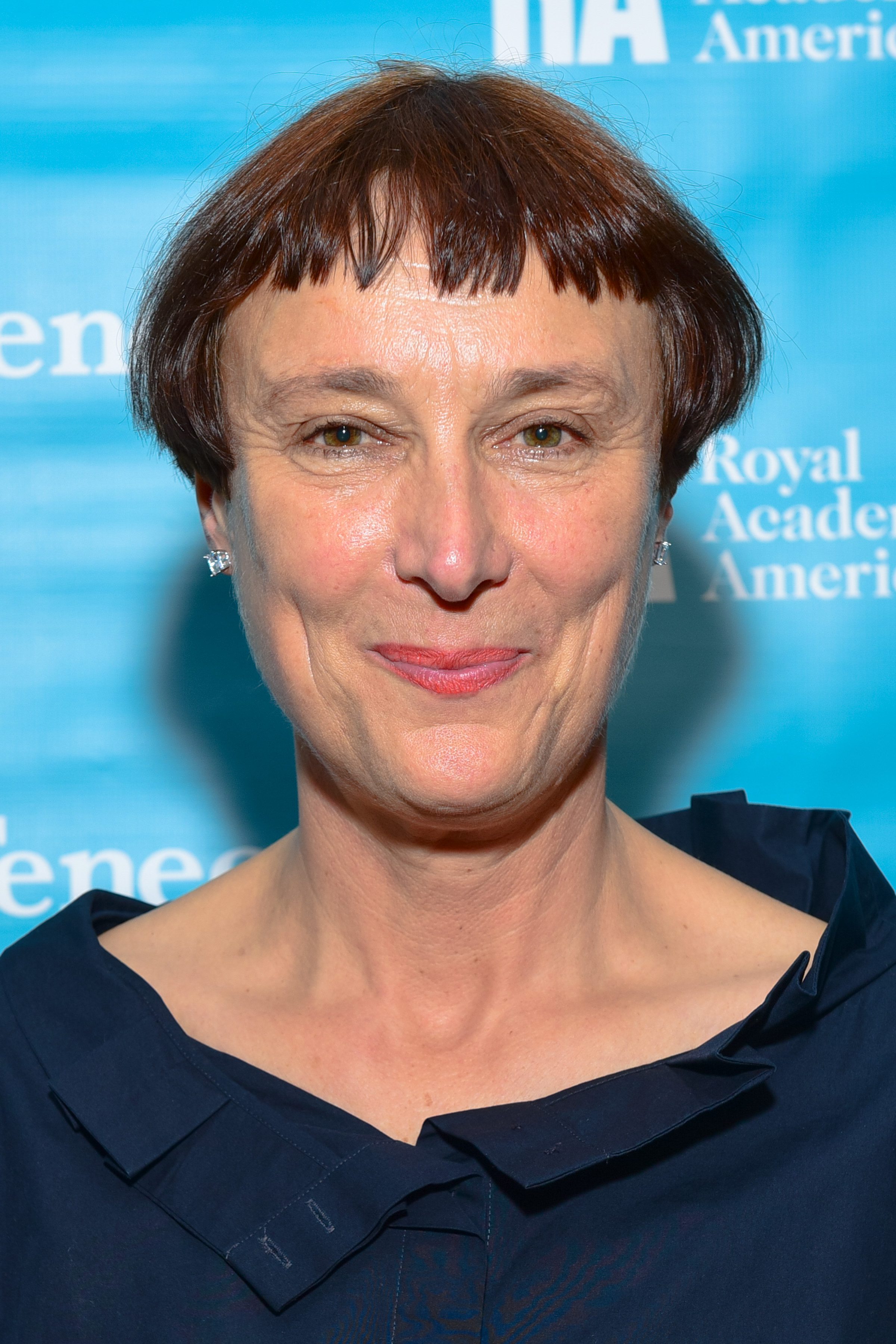
The UK has named British artist Cornelia Parker as its official Election Artist for the 2017 general election. The task involves paying close attention to the current election cycle and creating an artwork for the Parliamentary Art Collection based on the experience.
“We live in scary but exhilarating times. The whole world order seems to be changing. As an artist, I feel honored to have been invited to respond to such an important election,” Parker told the Guardian. “With all its challenging issues and complexity, it is an event that I’m excited to engage with and I look forward to sharing my finished work.”
In a statement released by Parliament, Alison McGovern MP, chair of the Speaker’s Advisory Committee on Works of Art, said of Parker: “She’s the first woman artist to take on this role and it’ll be really exciting to see how her ideas for this artwork develop over the campaign period.”
Cornelia Parker, Transitional Object (PsychoBarn) on the roof of the Met Fifth Avenue. Courtesy of photographer Alex Fradkin/Cornelia Parker.
The four previous election artists were Adam Dant in 2015, Simon Roberts in 2010, David Godbold in 2005, and Jonathan Yeo in 2001. Dant created a giant pen-and-ink drawing, The Government Stable, based on his cross-country travels throughout the election year, while Yeo’s Proportional Representation featured three separate portraits of Tony Blair, William Hague, and Charles Kennedy—the canvases sized to reflect each candidate’s share of the vote.
Parker, who will have a commission of £17,000 ($22,000), plus travel expenses, for the project, will post on Instagram throughout the election cycle under the handle electionartist2017. She has been asked to remain politically impartial as part of the commission.
Cornelia Parker, Cold Dark Matter: An Exploded View (1991), a 1997 Turner Prize Nominee. Courtesy of the Tate.
To American audiences, Parker is perhaps most familiar for her 2016 rooftop commission at the Metropolitan Museum of Art in New York, a recreation of the Bates mansion from Alfred Hitchcock’s Psycho made from an old barn and titled Transitional Object (Psychobarn).
In 1997, Parker was a Turner Prize nominee for Cold Dark Matter: An Exploded View, a hanging sculptural installation of the fragments of a garden shed that she hired the British Army to explode. She also collaborated with Tilda Swinton on The Maybe, where the actress slept in a glass cabinet at London’s Serpentine Gallery for a week in 1995.
Part of a series of articles on Monarchy stitched by Kate Barlow, Angela Bishop, Rachel Doyle, Belinda Egginton, Amanda Ewing, Susan Kay-Williams and Annalee Levin, Royal School of Needlework. Part of Cornelia Parker’s Magna Carta (An Embroidery) at the British Library. Courtesy of the British Library.
Parker’s other key works include Breathless (2001), a commission for London’s Victoria and Albert Museum in which she used a mechanism in the city’s Tower Bridge to flatten 54 brass band instruments she later hung from wires; and Magna Carta, her massive embroidery from 2015. Created with the help of prison inmates, civil rights lawyers, musicians, and artists, the tapestry is a representation of the texts and images of the Wikipedia entry for Magna Carta. The work toured the UK on the occasion of the document’s 800th anniversary in 2015.
The upcoming British elections are of particular interest given the fallout of last summer’s Brexit vote, in which the UK’s citizens voted by a small margin to leave the European Union.
Parker told Sky News that she wasn’t sure what medium to use for her election artwork, saying “I’m trying not to think of an end game yet because I haven’t even been out on the campaign trail.”